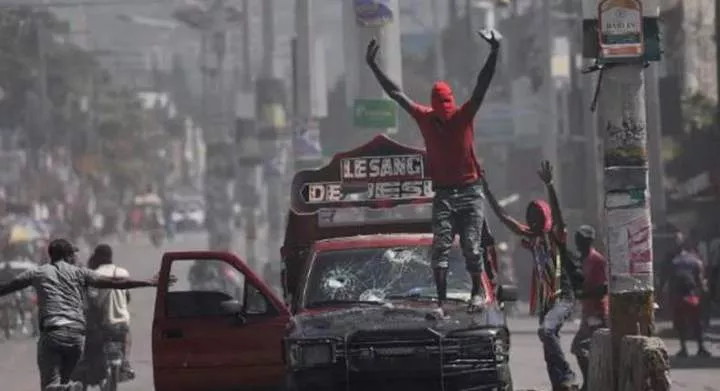
Haiti has become a country of interest after the deployment of 400 Kenyan Police Officers to restore calm in the politically unstable Caribbean island.
Located between the Caribbean Sea and the North Atlantic Ocean, Haiti occupies the western one-third of the island of Hispaniola.
The Dominican Republic borders Haiti on the eastern side of the island, with Jamaica to the west and Cuba to the northwest.
The country spans 27,750 square kilometres, almost the size of Mandera County in Kenya
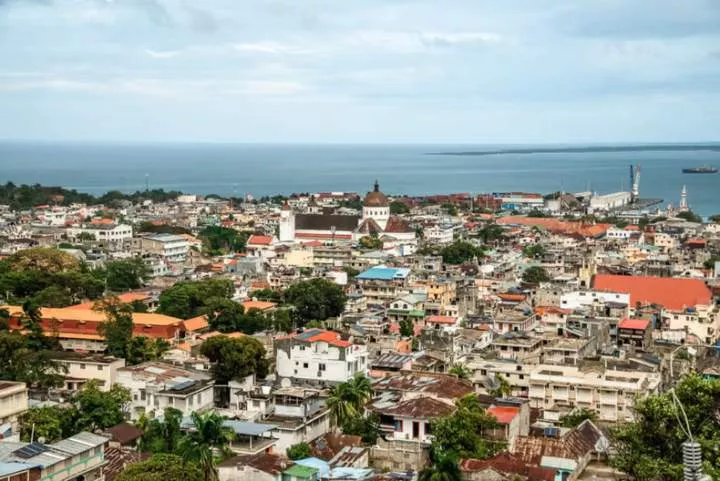
Haiti's social profile
Haiti's social fabric is woven with a mix of African, French, and indigenous influences, creating a unique cultural identity.
The population, primarily of African descent, is known for its vibrant traditions, music, dance, and art.
Haitian Creole, a mixture of French and African languages, is one of the country's official languages and is spoken by the majority of the population.
Though French is also an official language, only a small population of Haitians speak it fluently.
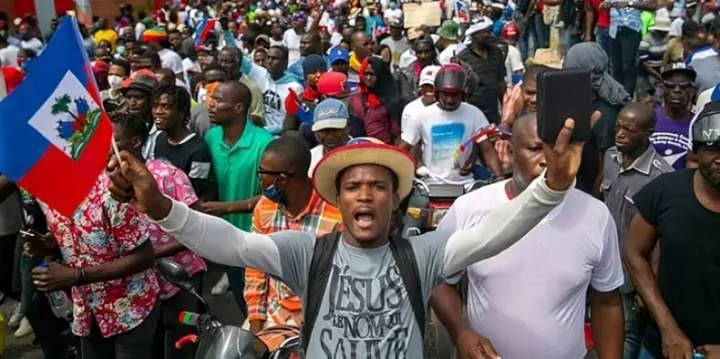
Religion and spirituality
Voodoo, a syncretic religion blending African spiritual practices with elements of Christianity, plays a significant role in the cultural and social life of many Haitians.
In 2003, voodoo was declared an official religion, and today, marriages and other ceremonies held in the voodoo tradition are recognised by the government.
Social challenges
The country faces significant social challenges, including poverty, limited access to education and healthcare, and high unemployment rates.
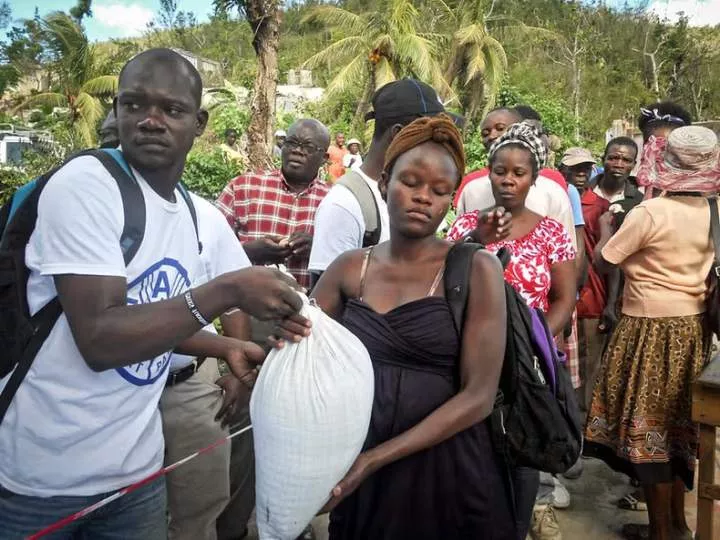
Haiti's political history
The country has experienced numerous coups, dictatorships, and political transitions, often accompanied by violence and social unrest.
Recent years have seen a continuation of these challenges, with frequent protests and political crises impacting the nation's governance and development.
The Duvalier era
Starting in 1957, the Duvalier family began its rule over Haiti. François 'Papa Doc' Duvalier was elected president that year but became a dictator, refusing to give up his leadership role until he died in 1971.
Haitians voted to approve his 19-year-old son, Jean-Claude 'Baby Doc' Duvalier, as his successor.
The younger Duvalier ruled Haiti from 1971 to 1986, marked by extreme poverty and human rights abuses, with many Haitians fleeing the country.
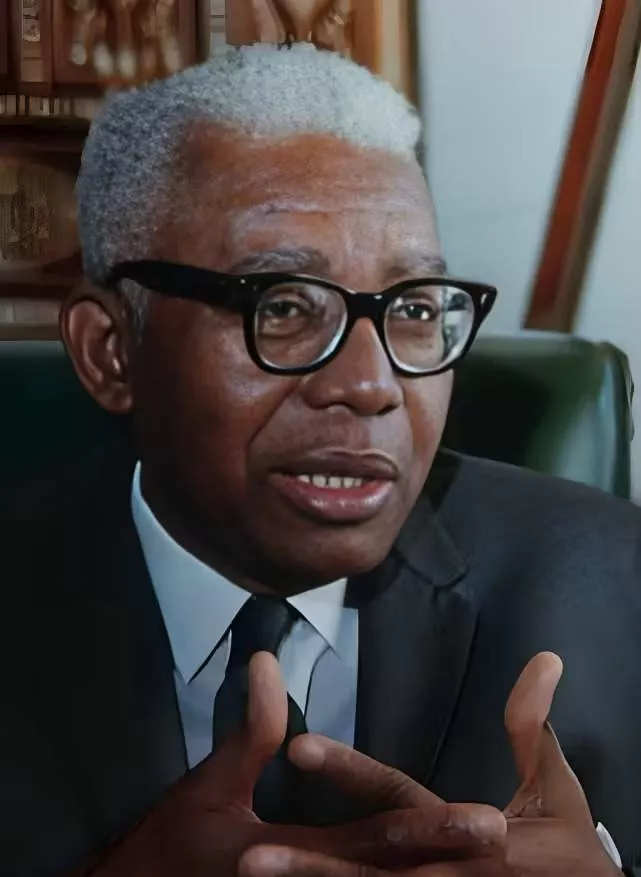
Recent political developments
Jean-Bertrand Aristide was elected president in 1990 during Haiti's first free and peaceful election.
His presidency lasted until 1995 when René Préval was elected as his successor. Aristide was re-elected president in 2000.
For the next four years, the country experienced violence, political corruption, and food shortages.
In 2004, Aristide was forced out of the country by protesters. Rene Preval took office in 2011 and was succeeded by Michell Martelly who worked till 2016.
In 2017, Jovenel Moïse, a former banana farmer and exporter, was elected president but was assassinated in his home on July 7, 2021. The transitional council appointed Garry Conille as the new Prime Minister.
The United Nations Security Council greenlit the deployment of an armed multinational force to Haiti, among them Kenyan security forces to restore order.
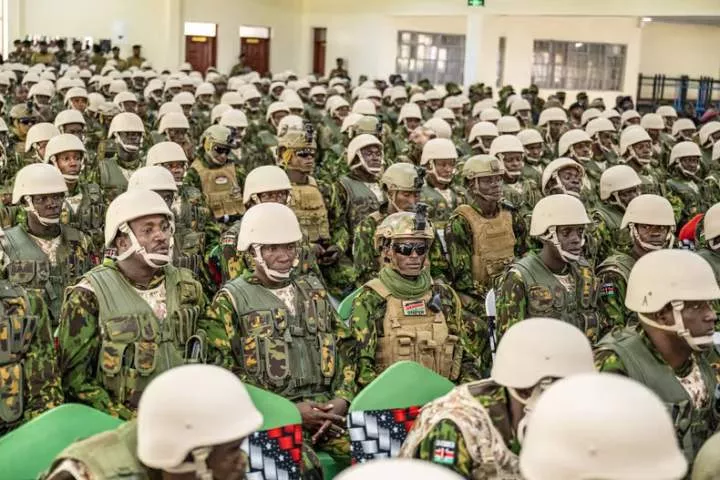
Economic profile
Haiti's economy is predominantly agrarian, with agriculture employing a significant portion of the population.
The country is a major producer of coffee, mangoes, sugarcane, rice, corn, and wood. However, economic development is hampered by a lack of infrastructure, limited industrialisation, and vulnerability to natural disasters.
Foreign aid and remittances
The government relies heavily on foreign aid from countries like the United States and Canada, which includes money for food, healthcare, and reconstruction efforts after major weather disasters.
Haiti is the poorest country in the Caribbean and among the poorest countries in the world, with about 60 per cent of the population living in poverty.
Most of the Haitian population works in farming, and clothing factories also employ thousands of Haitians, mainly women, to manufacture products for export.

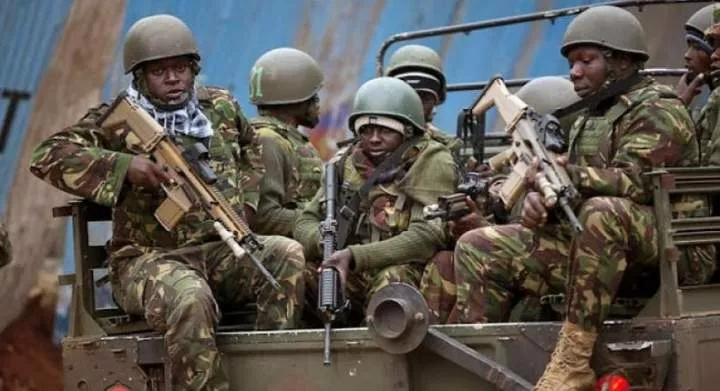

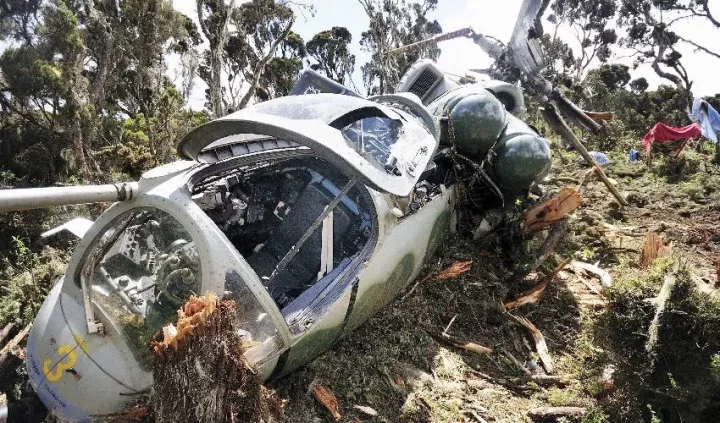



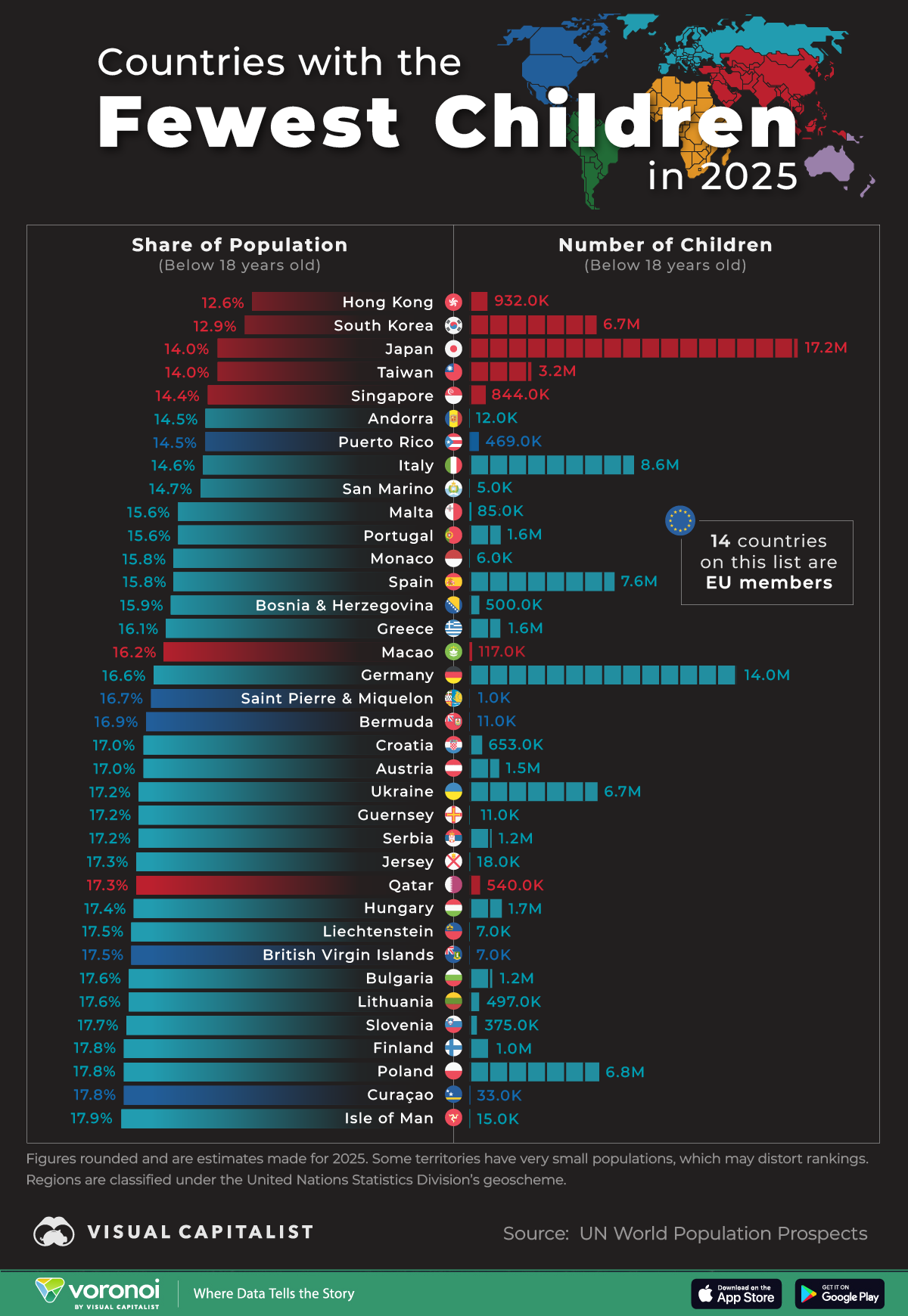



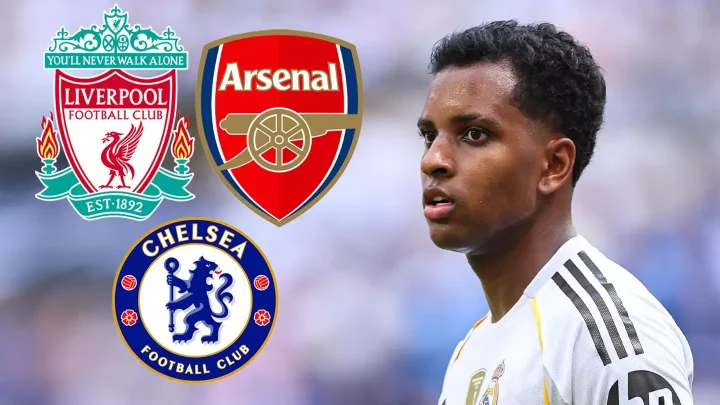
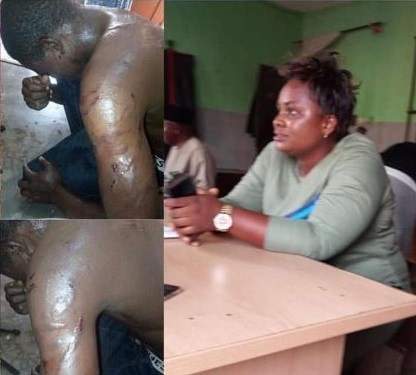



Comments